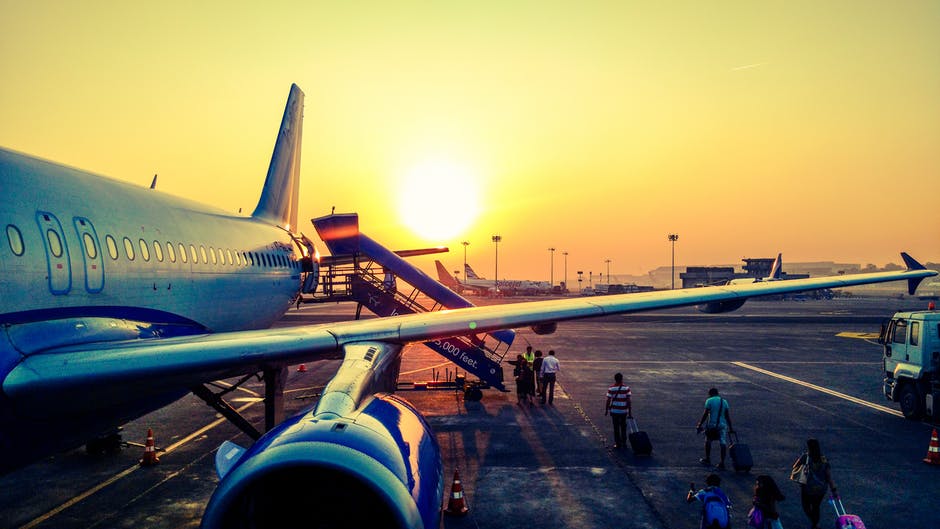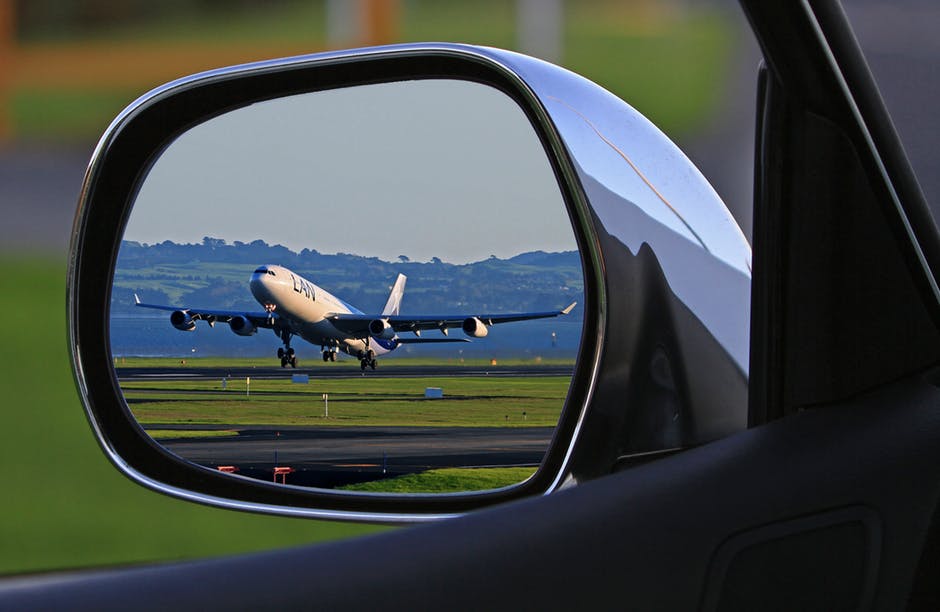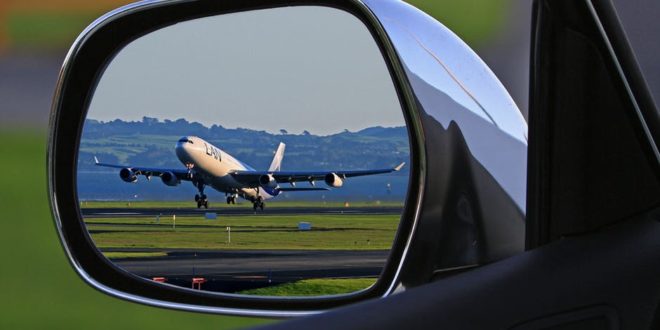OPINION: Air New Zealand have created quite a storm by canceling some regional air services – particularly the Kapiti service in this instance – and accusations are flying in both directions. It has been a bonanza for Shane Jones in his Regional Development role, and he has taken full advantage. He has pretty much ignored the “slap with a wet bus ticket” from Jacinda Ardern, who I think finds herself very conflicted. Just as she is conflicted over the issue of petroleum exploration. You get the feeling she is trying to find a non-existent middle road between the natural inclinations of a left-wing government and the realities of doing business.

If Jones pushed the boundaries, so did the Air New Zealand Chairman, Mr. Carter, in his response. While Air New Zealand is a business and has a duty to make a return to the shareholders, Air New Zealand cannot and should not ignore its history. That history includes a connection with Government and with our national identity which is far stronger than just the number of shares held, and indeed Air New Zealand had been “bailed out” of financial trouble by the Government on a couple of occasions because of the special relationship with the company.
While I disagree with the tone of the abrupt statement from Air New Zealand, it is true that they are a commercial business and their responsibility is to make commercial or profit-making decisions. Running loss-making services to the regions, for essentially political reasons, would be the first step on a very difficult and slippery downward road.
The regions have a fair case in calling for reasonable air services and I guess the first question is why these services are not profitable for Air New Zealand. I think the answer is that they do not fit well with the general business model that has proved so successful for Air New Zealand. This model is based on providing high standards of safety and service on international and mainline internal routes. It is very difficult to do this on regional routes which carry a relatively small number of passengers, even if individual flights are well loaded.

One solution would be to offer a competitive subsidy for airlines to provide regional services. However, subsidies never work well in the long run and can simply entrench high-cost solutions.
The right answer is the one that has worked in the past and that is to make use of regional airlines that have business models based on that type of service. These business models give lower costs and enable these operators to fly profitably where Air New Zealand cannot with its standard business model. This does not mean the regional airlines are any less safe – they are just different. The difference was graphically illustrated when my wife and I flew to and from Blenheim a few months ago. The trip down was on Air Nelson (which is the subsidiary that Air New Zealand uses for the regional routes it is prepared to fly), and the trip back was on Sounds Air. In the first case, there was a crew of 3 and we flew in a twin turboprop aircraft which I think had a seating capacity of about 50. In the second cases, we flew in a single-engined aircraft with a crew of one (the pilot) and a seating capacity of about 10. The cost configurations were totally different but the options were cost competitive.
To get the best solution the regions have to maintain good relations with all the actual players, including Air New Zealand and regional airlines. Political comments by the Minister don’t help this process but in the end probably don’t matter either.
By Bas Walker
This is another of Bas Walker’s posts on GrownUps. Please look out for his articles, containing his Beachside Ponderings.









Join the Discussion
Type out your comment here:
You must be logged in to post a comment.